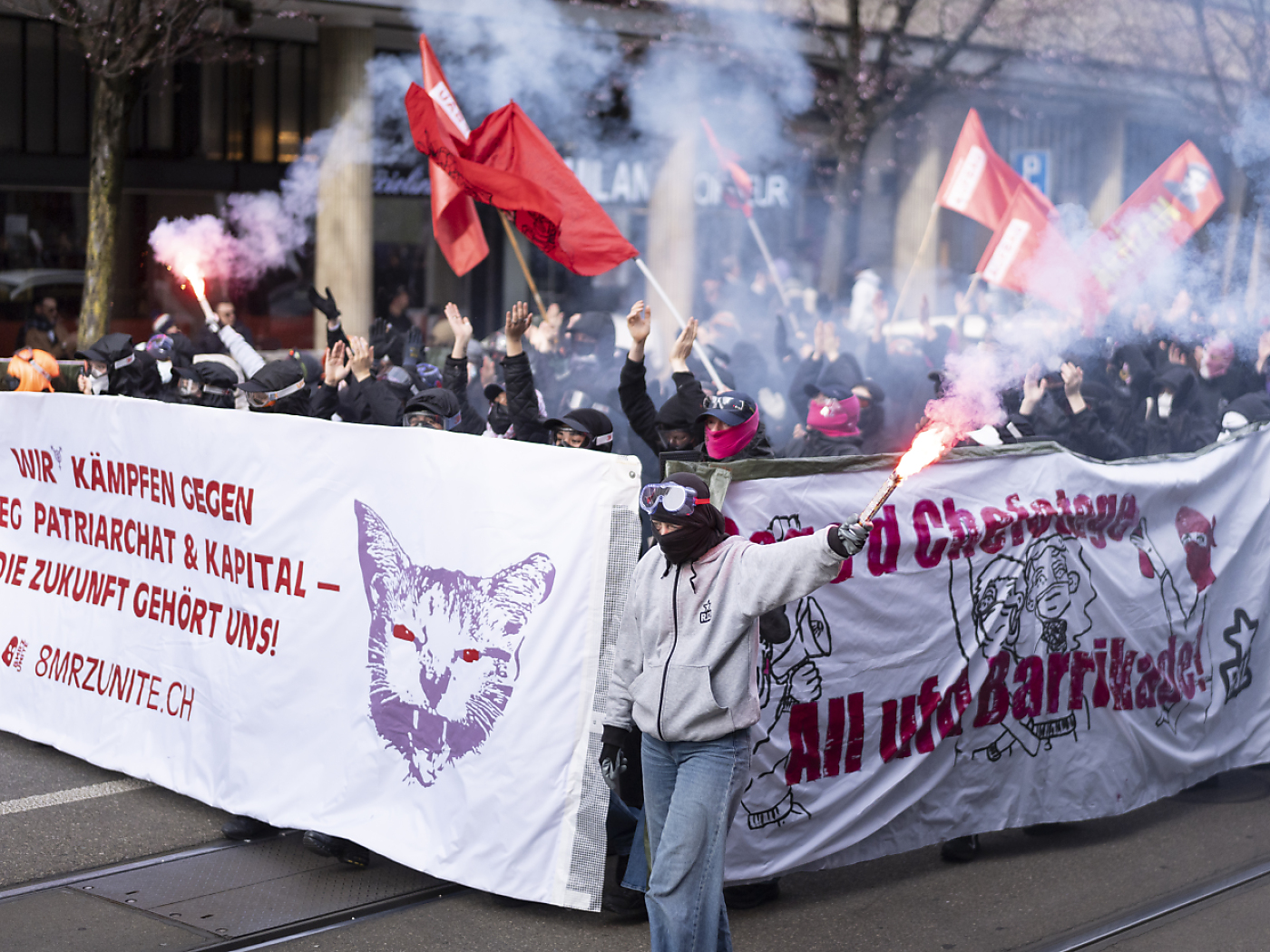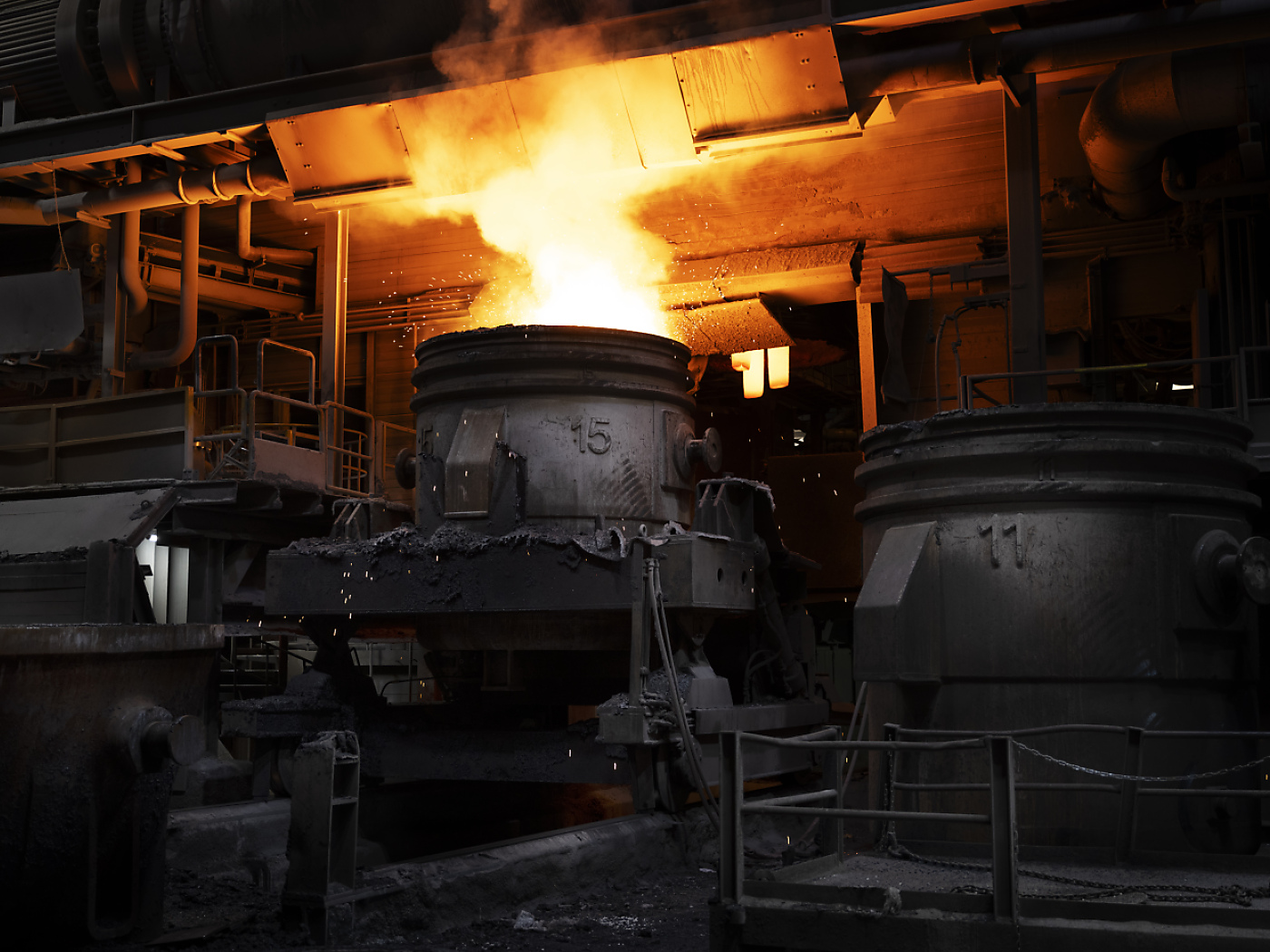Fedpol chief: ‘Swiss police resources insufficient to fight Mafia’

Organised crime has infiltrated Switzerland’s justice system, and police resources are insufficient to effectively combat it, warns Nicoletta della Valle, director of the Federal Office of Police (Fedpol).
Approximately 60 investigations are currently underway in Switzerland, thanks to the encrypted communication service for criminals, Sky ECC. This service was cracked by the European Union Agency for Law Enforcement Cooperation (Europol) in 2021. According to Fedpol chief, these investigations involve matters related to “cocaine, cannabis, synthetic drugs, and weapons”.
+Switzerland, an unsuspected hub for international cocaine trafficking
“Fedpol is investigating 15 of these,” said della Valle in an interview with the Swiss newspaper group Neue Zürcher Zeitung (NZZ), which was published on Wednesday. “However, we have only analysed 20% of the extensive data so far. We simply don’t have the resources, and time is running out: the older the data, the less valuable it becomes.”
Fedpol chief said that the data shows that “the Mafia has undoubtedly infiltrated Switzerland. These members belong to the Balkan Mafia, the Italian Mafia, and other criminal organisations. They meticulously divide their criminal activities.” Furthermore, these organisations collaborate increasingly. Fedpol remains uncertain about the exact number of cells and drug production is now occurring within the country.

More
Police chief: Switzerland is ‘too attractive’ for organised crime
“Based on images relayed via Sky ECC, we observed the process of legally cultivated hemp being sprayed with synthetic cannabinoids in a laboratory. Subsequently, this treated hemp is exported in large quantities as cannabis containing THC,” says della Valle.
Lacking resources
According to della Valle, current police resources are insufficient to effectively combat organised crime. “Sometimes 20 or 30 federal and cantonal investigators are deployed on a single case for months,” she said. “In Switzerland, around five such proceedings can be carried out simultaneously with the current resources of all police forces. In terms of police density in relation to the population, Switzerland lags far behind the rest of Europe.”
“Gathering enough evidence for an indictment is also challenging,” says della Valle. “There are shops in prime city centre locations that are almost always empty, or gelaterias that report the same turnover in winter as they do in summer. In such cases, the police know that something can’t be right, but it’s extremely difficult to do anything about it.” The tax office, the food inspectorate, or the labour inspectorate can, of course, pay a visit. “In this way, we can cause disruption,” said the Fedpol chief. “But often, despite our best efforts, we don’t find enough to press charges.”
+Swiss-Italo police operation nets 75 mafia suspects
Mafias infiltrate the judiciary system
The fact that organised crime does not attract more public attention is due to its invisibility. “You often don’t see organised crime, which is why it hardly bothers anyone in everyday life,” says della Valle.
Yet it can have tangible consequences. “As they spread, the criminal organisations also try to influence the local justice system. We found chats between two people from Calabria on Sky ECC in which they enquired about how to influence the justice system in Switzerland. Among other things, these criminals also want to infiltrate the Swiss judicial system,” said the Fedpol chief.
Translated from German by DeepL/sp
This news story has been written and carefully fact-checked by an external editorial team. At SWI swissinfo.ch we select the most relevant news for an international audience and use automatic translation tools such as DeepL to translate it into English. Providing you with automatically translated news gives us the time to write more in-depth articles.
If you want to know more about how we work, have a look here, and if you have feedback on this news story please write to english@swissinfo.ch.

In compliance with the JTI standards
More: SWI swissinfo.ch certified by the Journalism Trust Initiative

















You can find an overview of ongoing debates with our journalists here . Please join us!
If you want to start a conversation about a topic raised in this article or want to report factual errors, email us at english@swissinfo.ch.